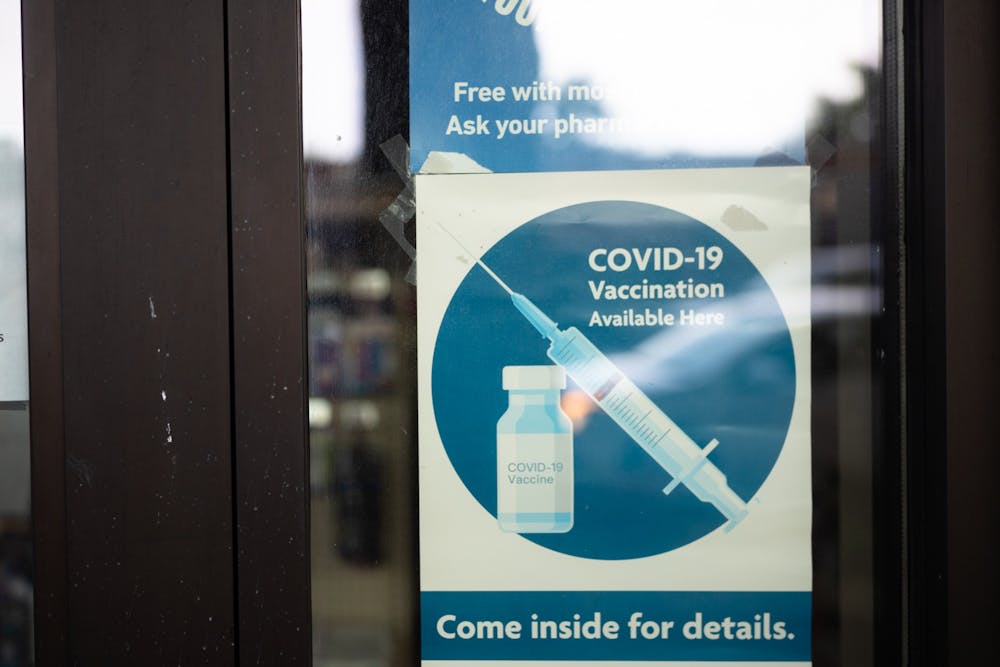If you’re a healthy and able-bodied individual, the risk of getting COVID-19 may not even cross your mind anymore. After all, most of us have opted out of mask-wearing, social distancing and the like.
Three years, and a couple of vaccinations later, most able-bodied individuals no longer associate the contraction of COVID-19 with any sort of health emergency.
Although most of us have reverted back to living our lives the way we did before the pandemic, COVID-19 is not “over," and it is never going to be “over." There is no eradicating the virus. We will continue to live with COVID-19 circulating through our communities as it becomes endemic, meaning that the patterns of transmission remain relatively constant over time.
Despite the inescapable presence of the virus, the “crisis” aspect of this three-year public health crisis has started to dissipate. With most of the population having some immunity, there are no longer huge surges in cases, but rather slow and steady transmission.
Last week, President Joe Biden's administration acted on this sentiment, signing a Republican-authored bill to end the COVID-19 national emergency — nearly a month before it was set to expire. The national emergency was officially enacted by the Trump administration on March 13, 2020, and gave the federal government flexibility to waive or modify certain requirements in health care systems, including Medicaid and private health insurance. Most importantly, under the national emergency, people received easier access to COVID-19 testing and treatment regardless of their insurance status.
With the expiration of the national emergency, we can expect to see coverage and care start to wane. Individuals with private insurance plans will likely not experience much of a difference, as COVID-19 vaccines will still likely remain available without a co-pay. Depending on the private plan, COVID-19 tests will also likely remain available with no cost-sharing, either.
However, individuals on Medicaid can expect that access to COVID-19 vaccines and tests without a co-pay will only be available through September 2024.
After the past few years of COVID-19 restrictions and the intense political polarization they caused, Biden’s decision to end the COVID-19 national emergency is an inevitable one. With the ease of restrictions, the Biden administration and our representatives have moved on, making the decision unavoidable.
With where we’re at now, the issue itself is not the emergency status expiring. We’ve made it past a true state of emergency with cases being fairly steady and hospitalizations being at a level that’s not overrunning hospitals. The issue comes when an emergency declaration –a mere temporary policy – gives universal access to care that should already be made available.




